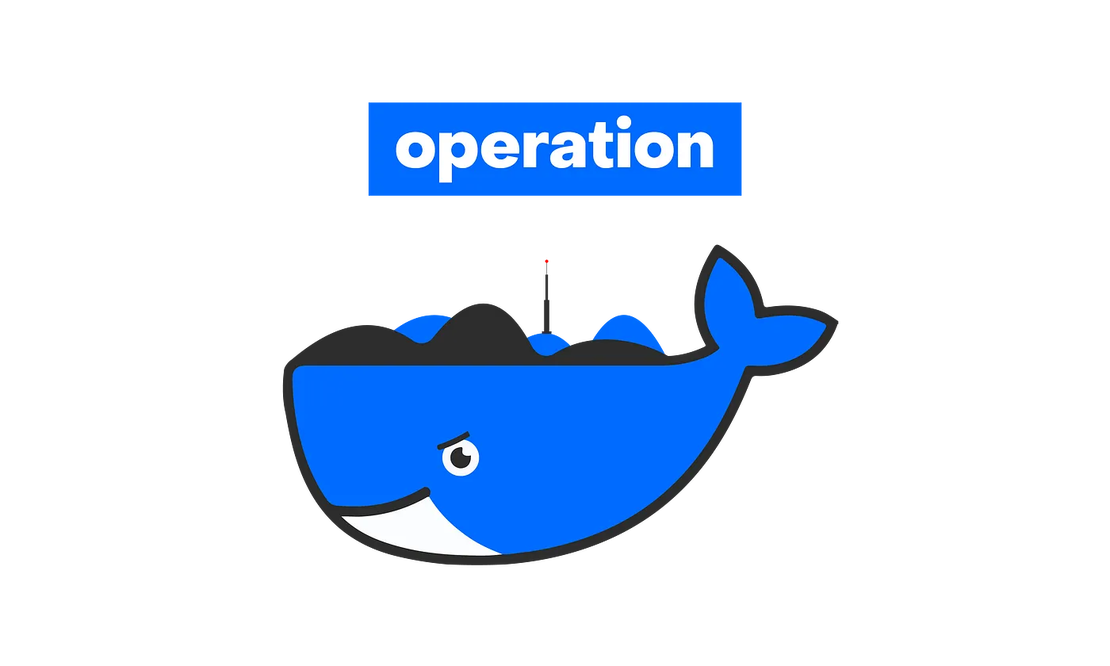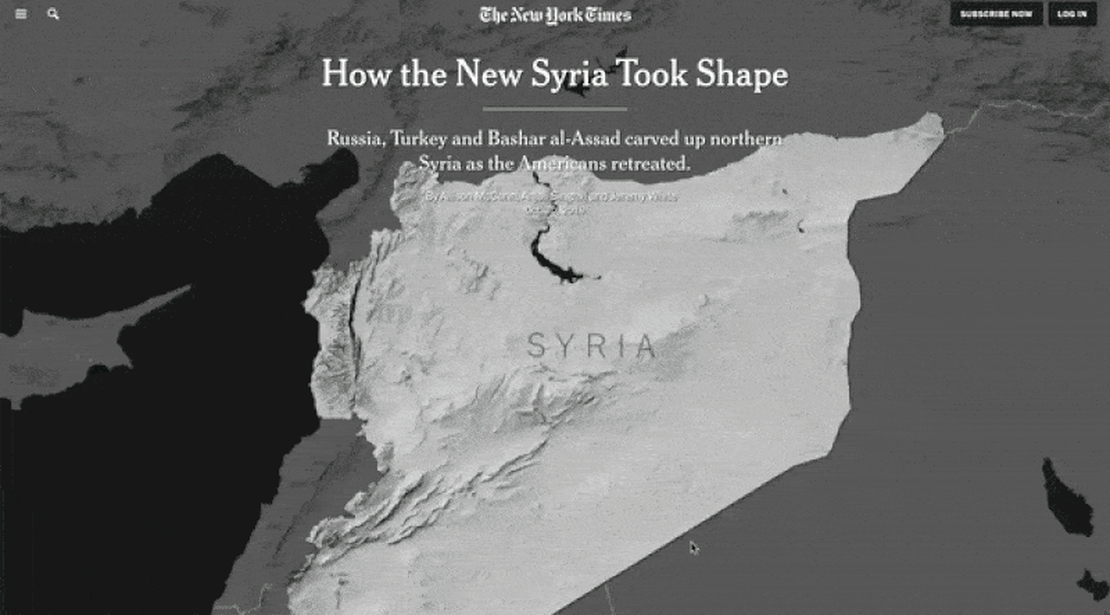
Part 3 — A Career in Football Analytics, The Reality
- Business , Football , Analytics
- April 2, 2022
After one year in a football club, I decided to leave. Though I had worked hard to reach that childhood dream, it was a natural decision.
Not because the experience was bad — it was awesome — but because I feel it was enough. Football during a pandemic was not really football anymore and living in a new town without any friends or family nearly was a bit rough.
I moved. Without regrets. The experience was awesome.
Childhood dream fulfilled. Checked.
Moving like this allows me to be quite objective about the football analytics industry.
I guess.
I didn’t get awful relationships. I enjoyed the work. I had some starry-eyed moments.
Still, I also got annoyed. Been disillusioned. Like in any workbench.
This last piece is a step back. Trying to reconcile what’s the current state of football analytics and what it could be — what it should be — to reach the level of other common industries.
Not mature enough
We probably expect too much from the football industry.
Yes, it drives a lot of money, it captives a large audience. Still, this is a tiny world.
Most clubs have less than 200 employees. Most of them with an emphasis on football, logistic,s or communication.
The analytical mindset is growing more and more because it’s one of the only differentiating factors now.
5% of professional players have a truly special talent. Take it with large quotes but, other players have approximately the same skill levels.
==Every football club is like a Formula One team: they differentiate by the money and their maturity in infrastructure, network, and engineering solutions. Not that much by the driver.==
As money in football is a long hard story, clubs are looking for other levers to develop their competitiveness.
Data analytics is one of them.
Clearly, it’s also true for any other industry. But football is not managed by high digital educated profiles, nor engineering or tech leaders.
Understanding how data be can powerful and knowing how to take advantage of it is not straightforward here.
We don’t expect that players should be involved a lot in such a process.
Playing football and playing data are different games.
It has to come from football directors, coaches, and stakeholders.
Football analytics is not mature enough because the actual generation of coaches and directors hasn’t been educated with an analytics mindset.
It’s already changing, but we will probably see the real outcomes of analytics when the generational shift will be more advanced.
When the analytical mindset will be a default everywhere.
Opportunities
Because we are still in the beginning, there are not a lot of opportunities to work as a data guy in football.
However, with the democratization of football analytics and the generational shift, the football industry is racing to hire talented data people.
It’s not a surprise to see more and more open positions in top clubs but also in less known divisions. It’s the same for data provider companies or consultant agencies.
Like in the whole data industry, the demand is big, the offer is limited.
Finding skillful data people is damn hard. We probably don’t educate enough engineers. At least people with an analytical mindset.
Again, this is true for any industry.
Still, football is new to the party and those positions are open to people with either large backgrounds or nerds a bit advanced in the football analytics topic.
Do the work. Talk with people. Do the work. Show your projects.
People in clubs are more and more curious about what football analytics can bring.
When I was in a football club, I developed a production version of the VAEP framework . It was not a project requested by anyone in C-levels.

We iterated several times and finally use it as a backbone module of our transfer recommendations. It brought scale to our processes, filtering out players and deep-diving into specific — not covered — profiles.
So even if it comes from our own will, it was a key project to develop state-of-the-art analytics for the club. It helps a lot to develop data literacy for our stakeholders. To develop their curiosity toward football analytics.
Again, showing the work is a key driver to developing a data and analytics mindset!
Data Analyst is not Data Scientist is not Data Engineer
When I talk with people about my experience in a professional football club I often resume it as playing the Football Manager game in real life.
Though the analogy is a bit true, it’s much more complex.
I didn’t get into the game because I had thoughtful football analysis but because I could build models, data visualization, and tools that are reliable, fast to make, and reproducible.
These skills are my niche in the football analytics niche.
We often talk about “data-analyst”.
The football industry started with them because they provide quick results with not a lot of data. They deliver short-term value.
For long-term output, you have to look for an engineering skillset.
To play the real data game you have to build and maintain databases, use machine learning algorithms to model the game, show complex scientific outputs to non-data-literate people.
Doing all these things ask many hard and soft skills.
So before jumping professionally into the football analytics world, ask yourself what you want to do outside of football.
Data as a job is not that much about the subject but about manipulating the actual data.
That’s beyond football analytics: if you like a subject but don’t like to handle the data garbage, if you’re not curious about it, you probably won’t go far in a data role.
Sure, analysts don’t need as many hard skills as data scientists or engineers. Anyway, they definitely need an analytics mindset, beyond the subject of analysis.
Data is the new oil is again a good analogy here.
Analysts are like car drivers who use oil to do something (say, go to the supermarket).
But before using oil you have to extract it, transform it and create pipelines. All of this is at scale.
That’s upstream.
Your car will probably work if you fill it with raw oil. It will work better with proper refined oil.
Yes, it’s easier to understand the analyst output. The insights he could provide.
That’s not a reason to be blind to what is needed to do great, insightful, non-simple analysis: a good engineering team with reliable pipelines and good scientific assumptions.
That’s where football is late. There are already great talented analysts all over the field. But not that many engineers.
Football as a game doesn’t need engineers: it needs smart, talented players and coaches.
Football as an industry though needs thoughtful leaders with an analytics mindset and a focus to build long-term assets.
That’s where engineers are useful.


